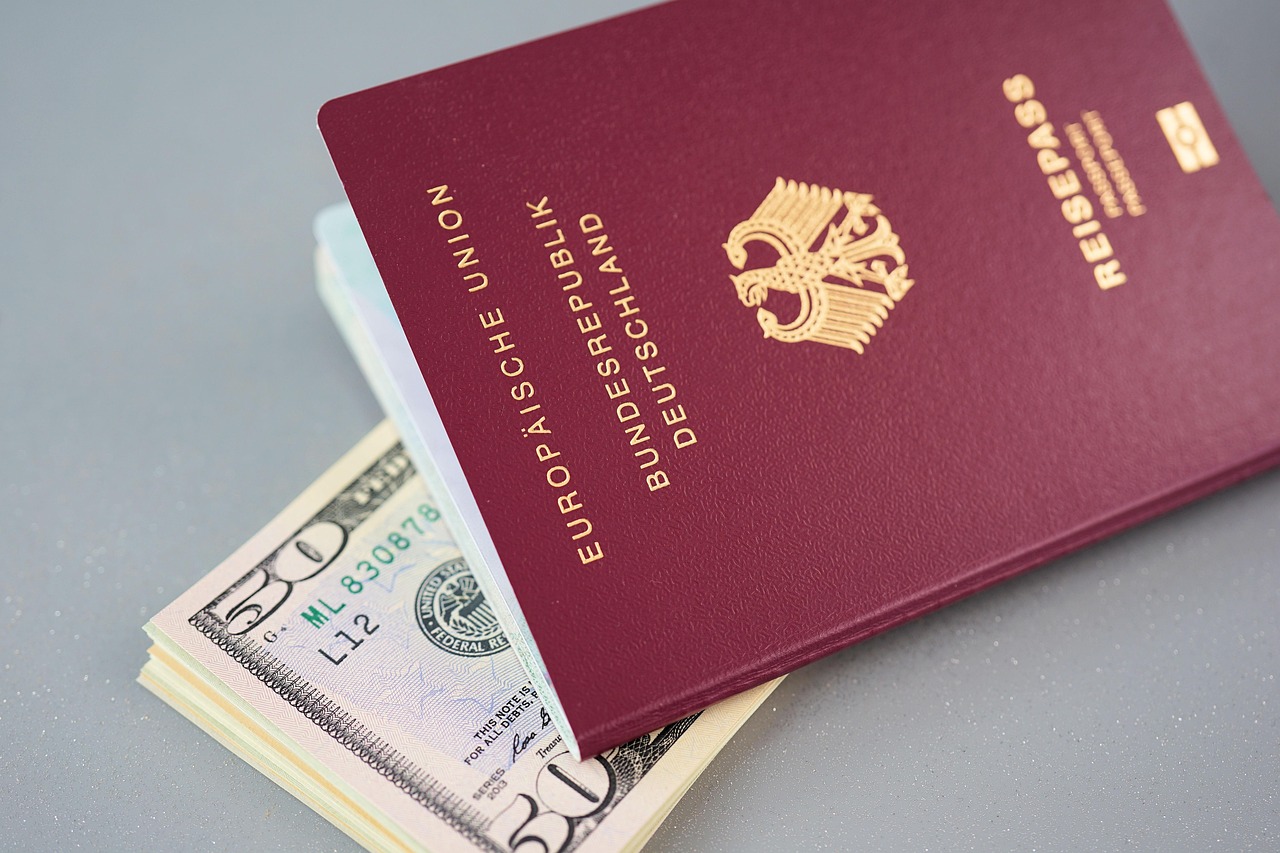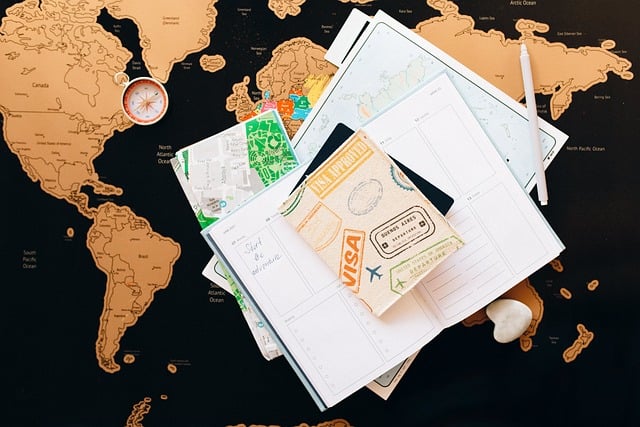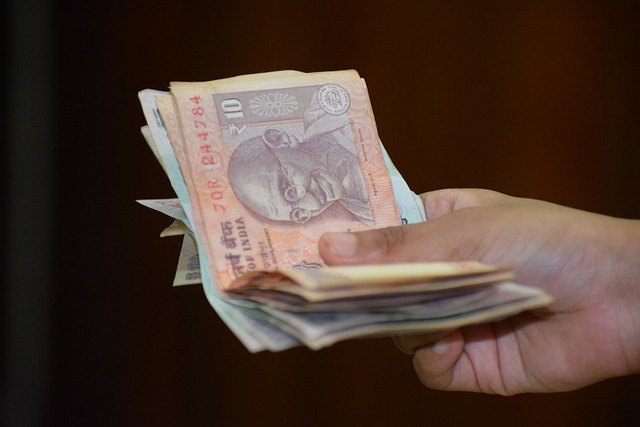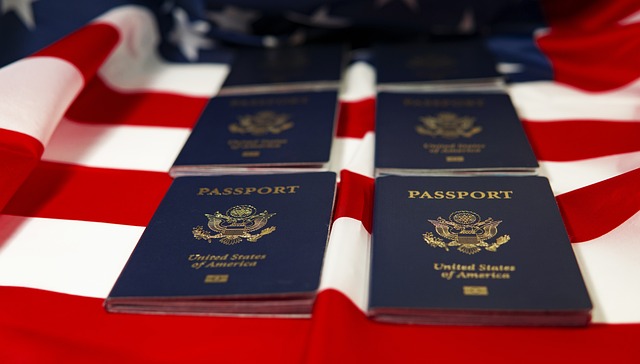Dual Citizenship in the Netherlands: Is It Allowed?
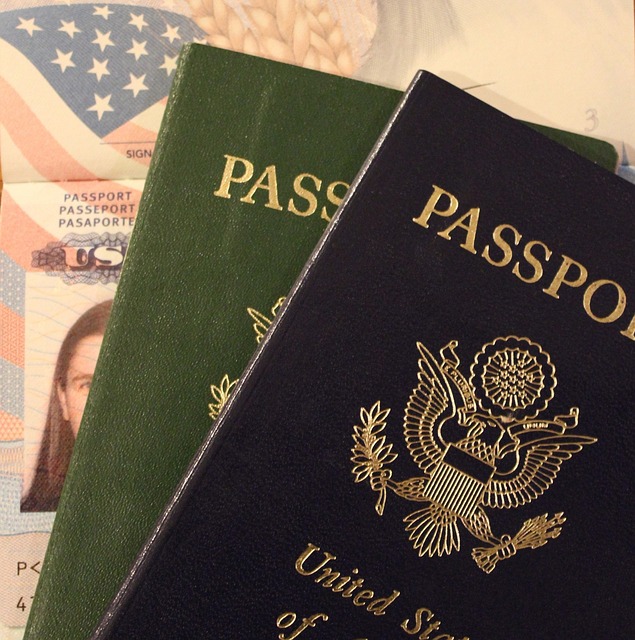
Dual citizenship, also known as multiple citizenship, is a complex and often debated topic in many countries, including the Netherlands. The Dutch government has specific rules and regulations regarding dual citizenship, which can affect individuals who wish to hold citizenship in more than one country. This article explores the concept of dual citizenship in the Netherlands, examining the legal framework, exceptions, and implications for Dutch citizens and foreign nationals.
Understanding Dual Citizenship
What is Dual Citizenship?
Dual citizenship occurs when an individual is recognized as a citizen by two or more countries simultaneously. This can happen through various means, such as birth, marriage, naturalization, or descent.
Benefits of Dual Citizenship
- Travel Flexibility: Dual citizens can enjoy the benefits of multiple passports, making international travel easier.
- Economic Opportunities: Access to job markets, property ownership, and business opportunities in multiple countries.
- Cultural Connection: Maintaining a connection to one’s heritage and culture.
Dutch Citizenship Laws: General Rule
Single Citizenship Principle
The Netherlands generally adheres to the single citizenship principle, meaning that Dutch citizens are expected to hold only one nationality. This principle is intended to ensure loyalty and prevent conflicts of interest.
Loss of Dutch Citizenship
Under Dutch law, acquiring another nationality can result in the automatic loss of Dutch citizenship. This applies to Dutch citizens who voluntarily obtain a foreign nationality through naturalization or other means.
Exceptions to the Single Citizenship Rule
While the single citizenship principle is the general rule, there are several exceptions where dual citizenship is permitted:
1. Automatic Acquisition of Another Nationality
Dutch citizens who automatically acquire another nationality (e.g., through marriage, birth, or descent) are allowed to retain their Dutch citizenship. Examples include:
- Birthright Citizenship: A child born to Dutch parents in a country that grants citizenship based on birthplace (e.g., the United States) will automatically hold dual citizenship.
- Marriage: A Dutch citizen who marries a foreign national and automatically acquires their spouse’s nationality may retain Dutch citizenship.
2. Naturalization in Another Country
In certain cases, Dutch citizens who naturalize in another country may retain their Dutch citizenship. These exceptions include:
- Marriage or Registered Partnership: If a Dutch citizen naturalizes in the country of their spouse or registered partner, they can retain Dutch citizenship.
- Long-Term Residence: Dutch citizens who have lived in another country for at least five years before naturalizing may retain their Dutch citizenship.
3. Renunciation Not Possible or Reasonably Required
If renouncing the other nationality is not possible or would impose unreasonable conditions (e.g., high costs, legal barriers), Dutch citizens may be allowed to retain their dual citizenship.
4. Special Circumstances
In exceptional cases, such as political asylum or statelessness, Dutch authorities may permit dual citizenship.
Dual Citizenship for Foreign Nationals
Acquiring Dutch Citizenship
Foreign nationals who wish to acquire Dutch citizenship through naturalization are generally required to renounce their original nationality. However, there are exceptions:
- Renunciation Not Possible: If renouncing the original nationality is not possible or would impose unreasonable conditions, dual citizenship may be allowed.
- Marriage or Registered Partnership: Foreign nationals married to or in a registered partnership with a Dutch citizen may retain their original nationality when acquiring Dutch citizenship.
- Refugees: Refugees and stateless persons may be allowed to retain their original nationality when naturalizing as Dutch citizens.
Retention of Original Nationality
In some cases, foreign nationals may retain their original nationality while acquiring Dutch citizenship, particularly if their home country allows dual citizenship.
Implications of Dual Citizenship
Legal and Administrative Considerations
- Taxation: Dual citizens may be subject to tax obligations in both countries, depending on their residency and income sources.
- Military Service: Some countries require military service for their citizens, which could affect dual citizens.
- Voting Rights: Dual citizens may have the right to vote in both countries, depending on local laws.
Practical Considerations
- Passport Renewal: Dual citizens must ensure that their passports from both countries are valid and up-to-date.
- Consular Assistance: In case of legal issues or emergencies, dual citizens may seek consular assistance from either country, depending on their location and circumstances.
